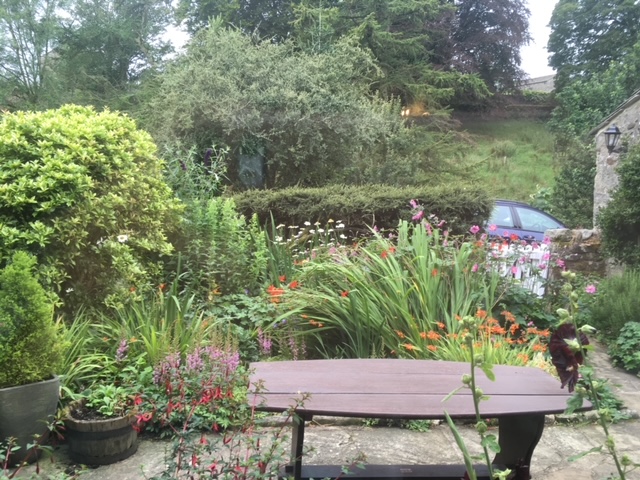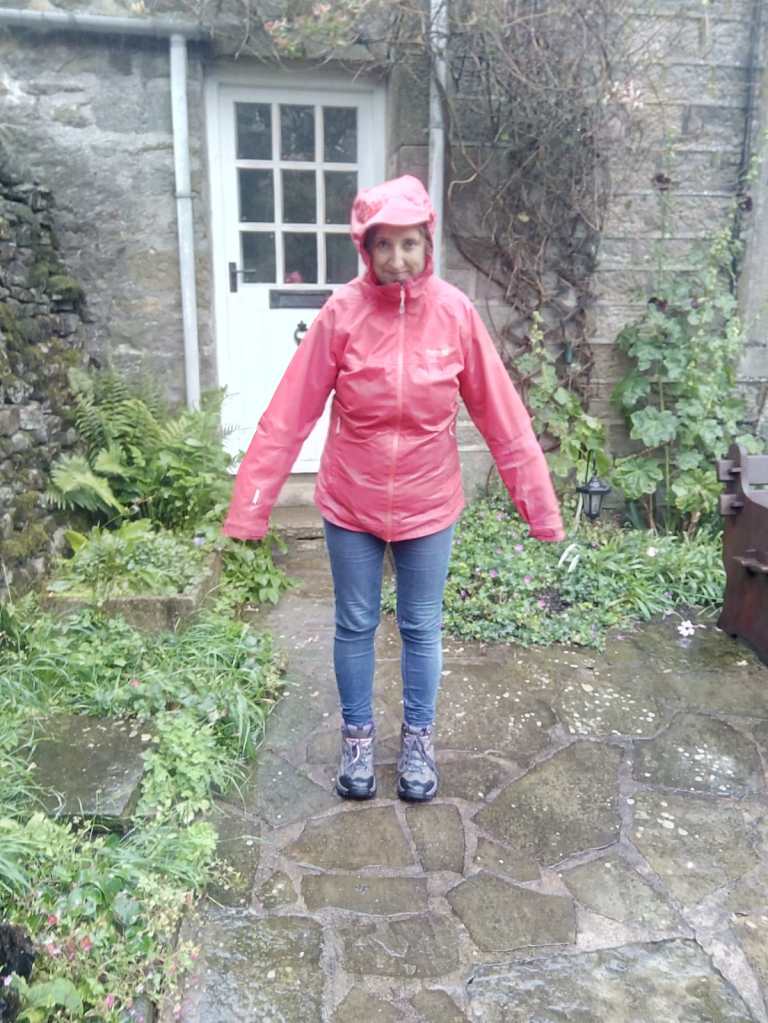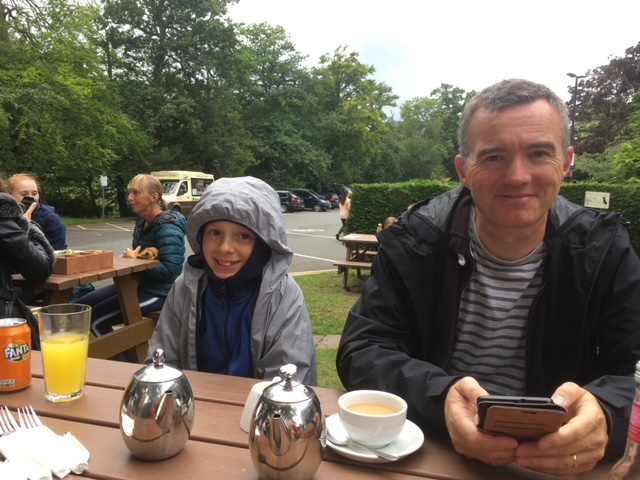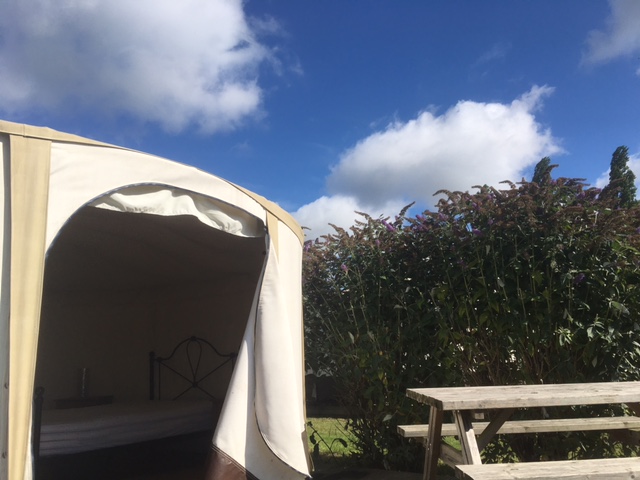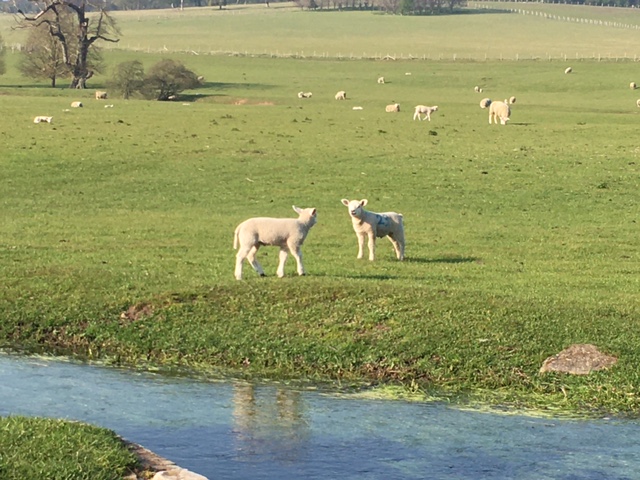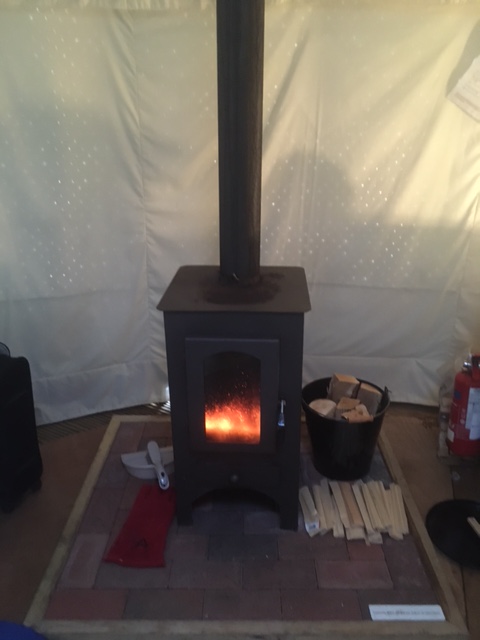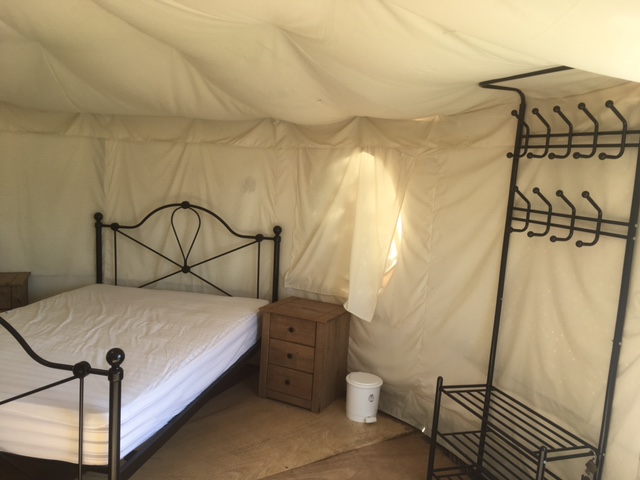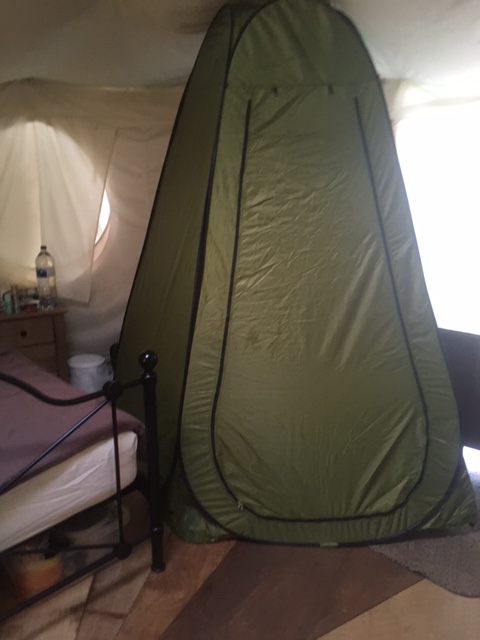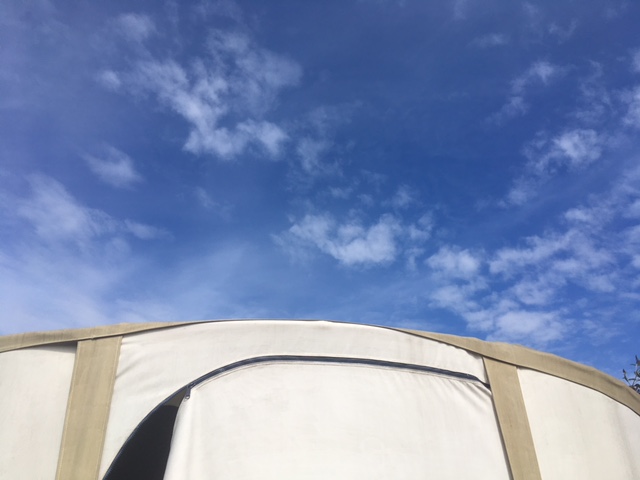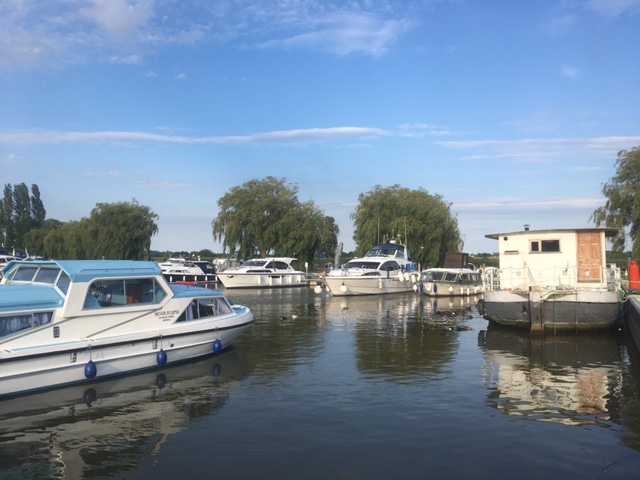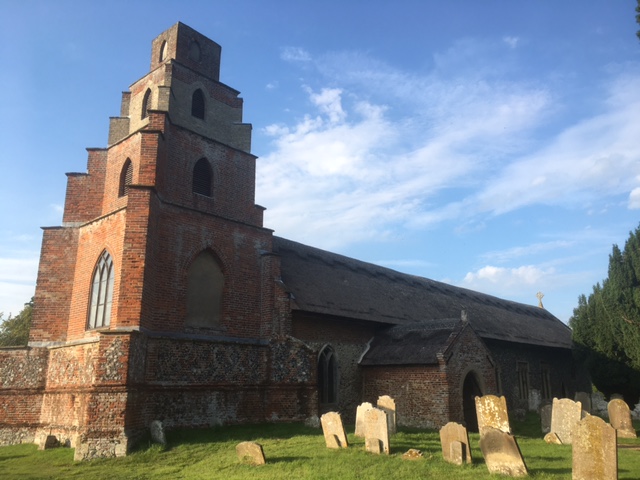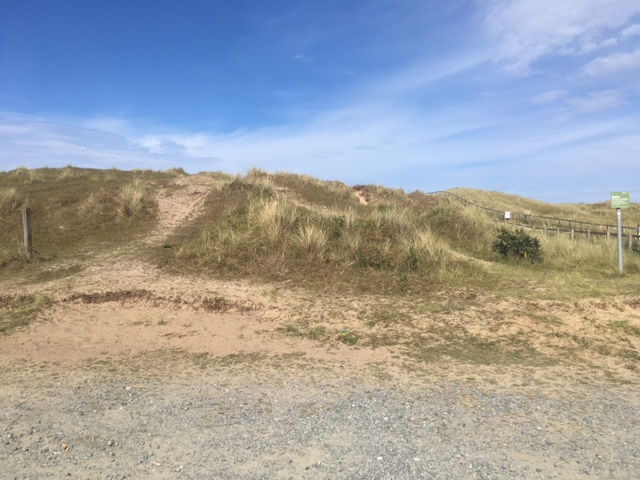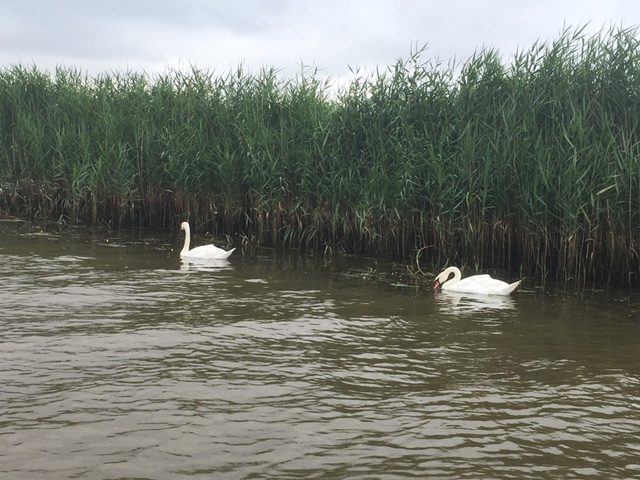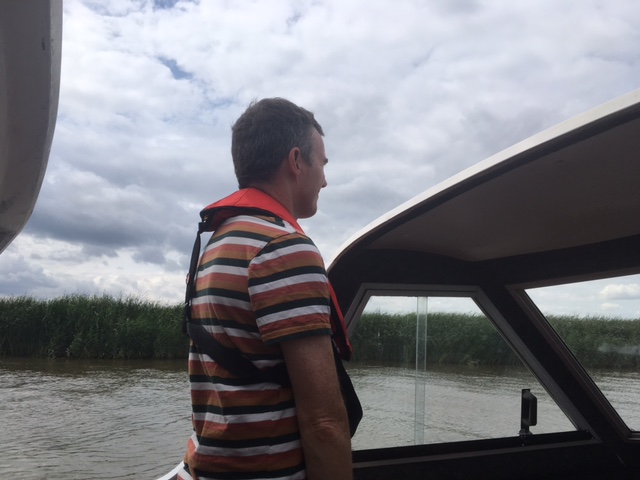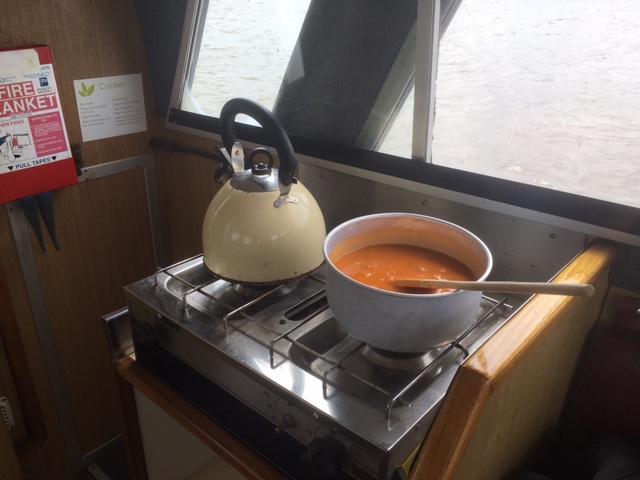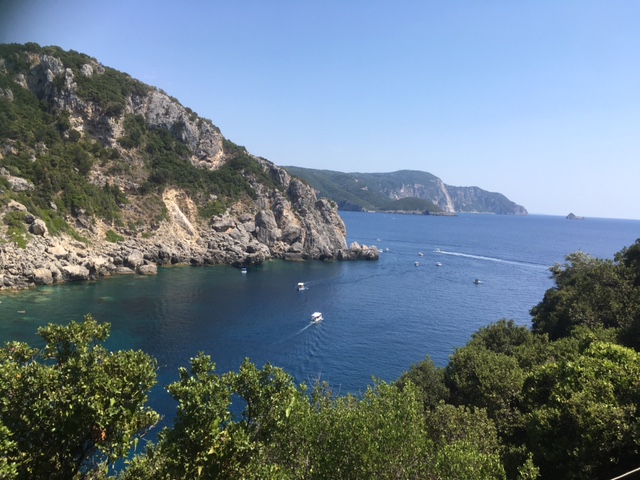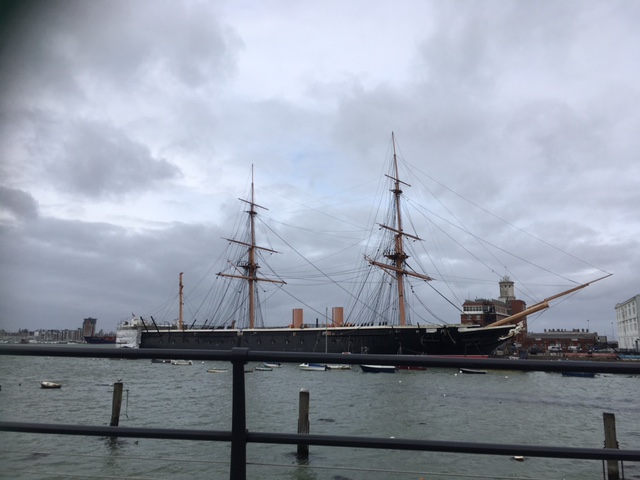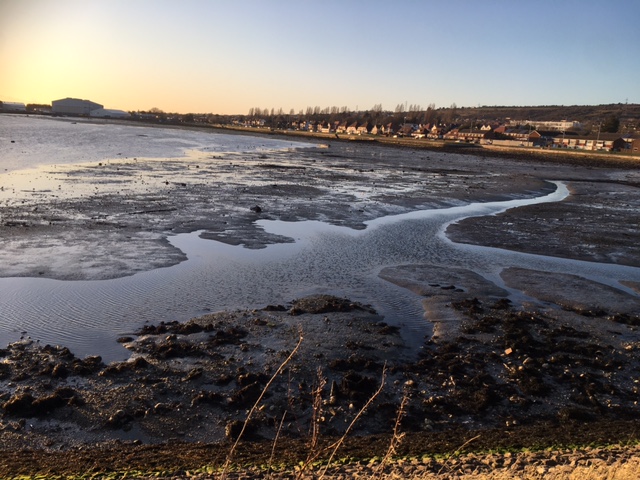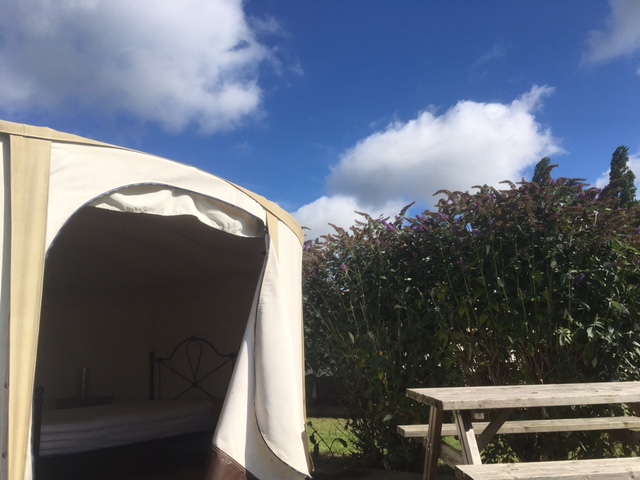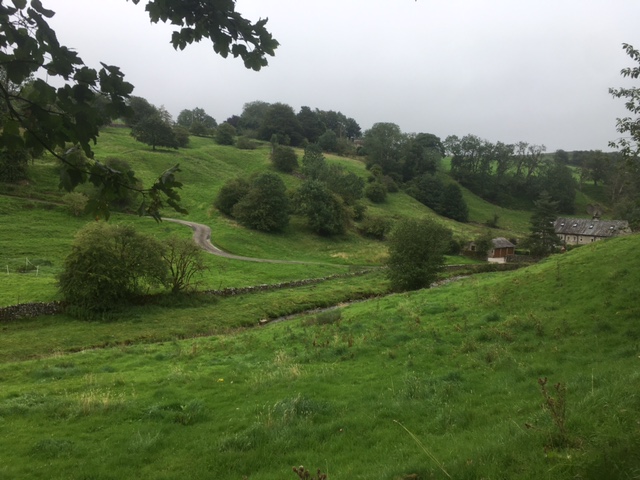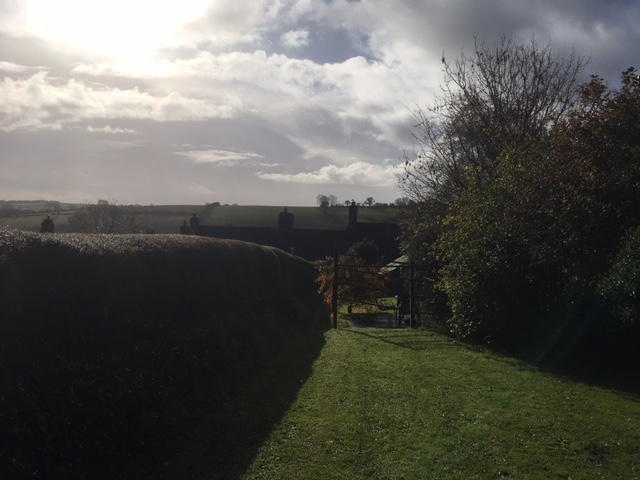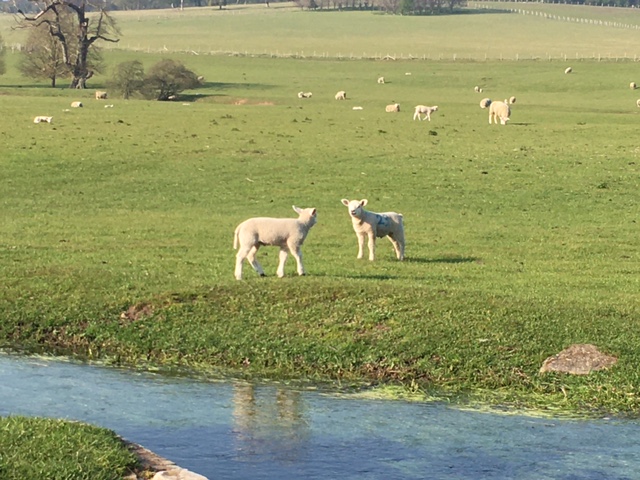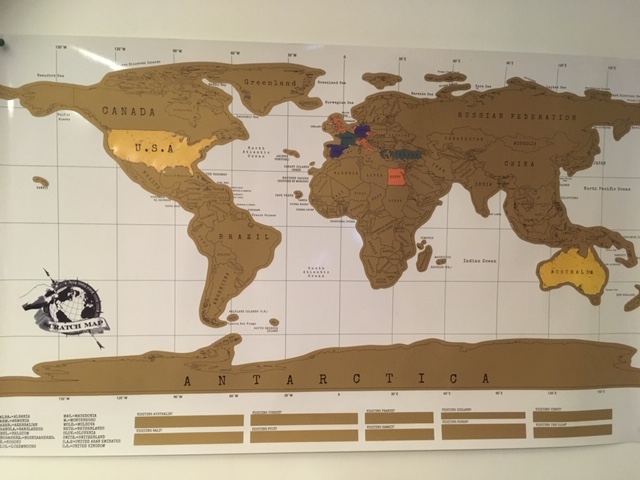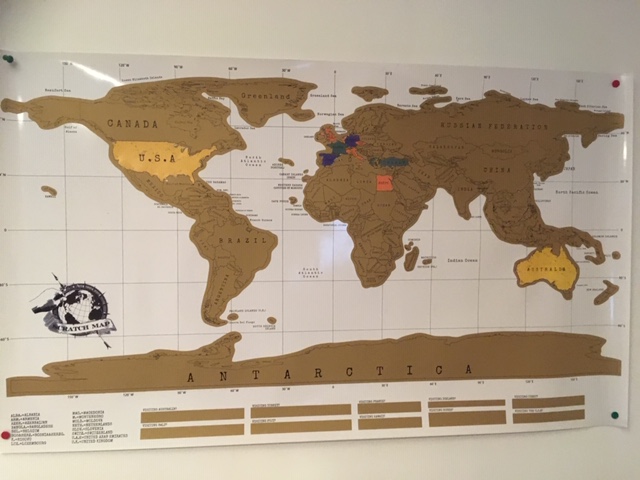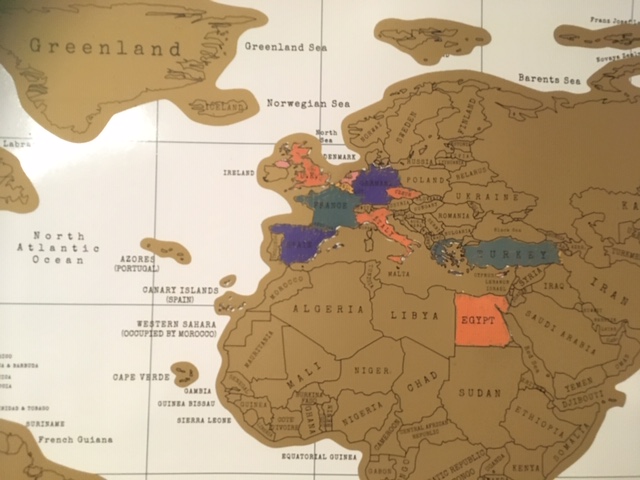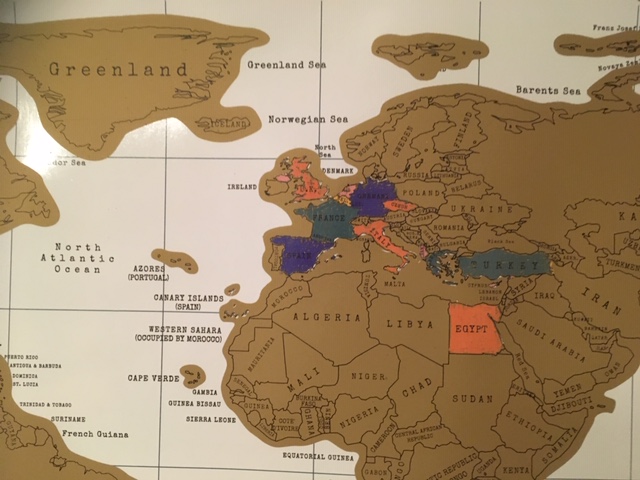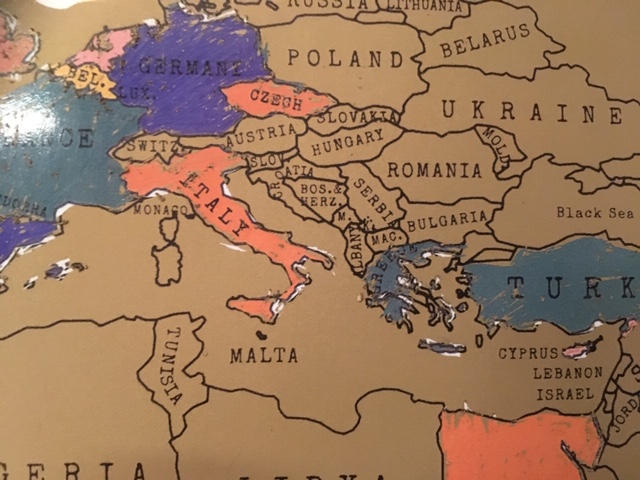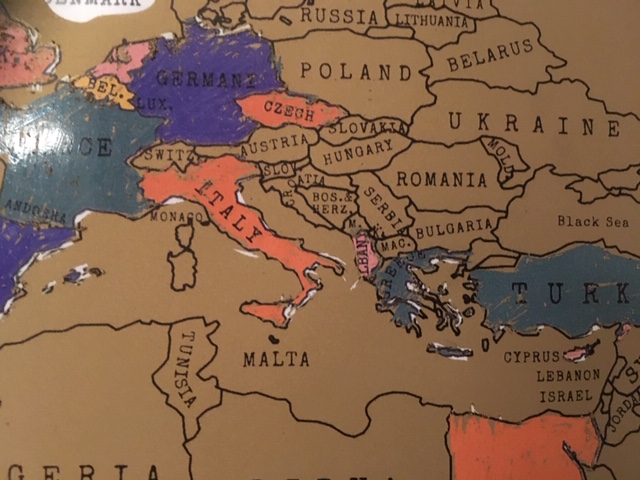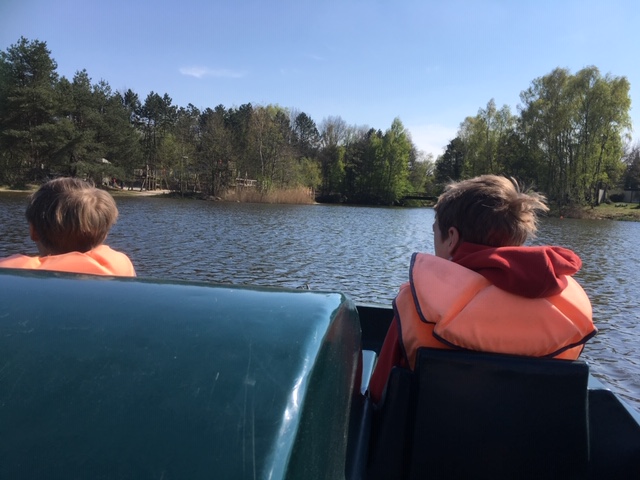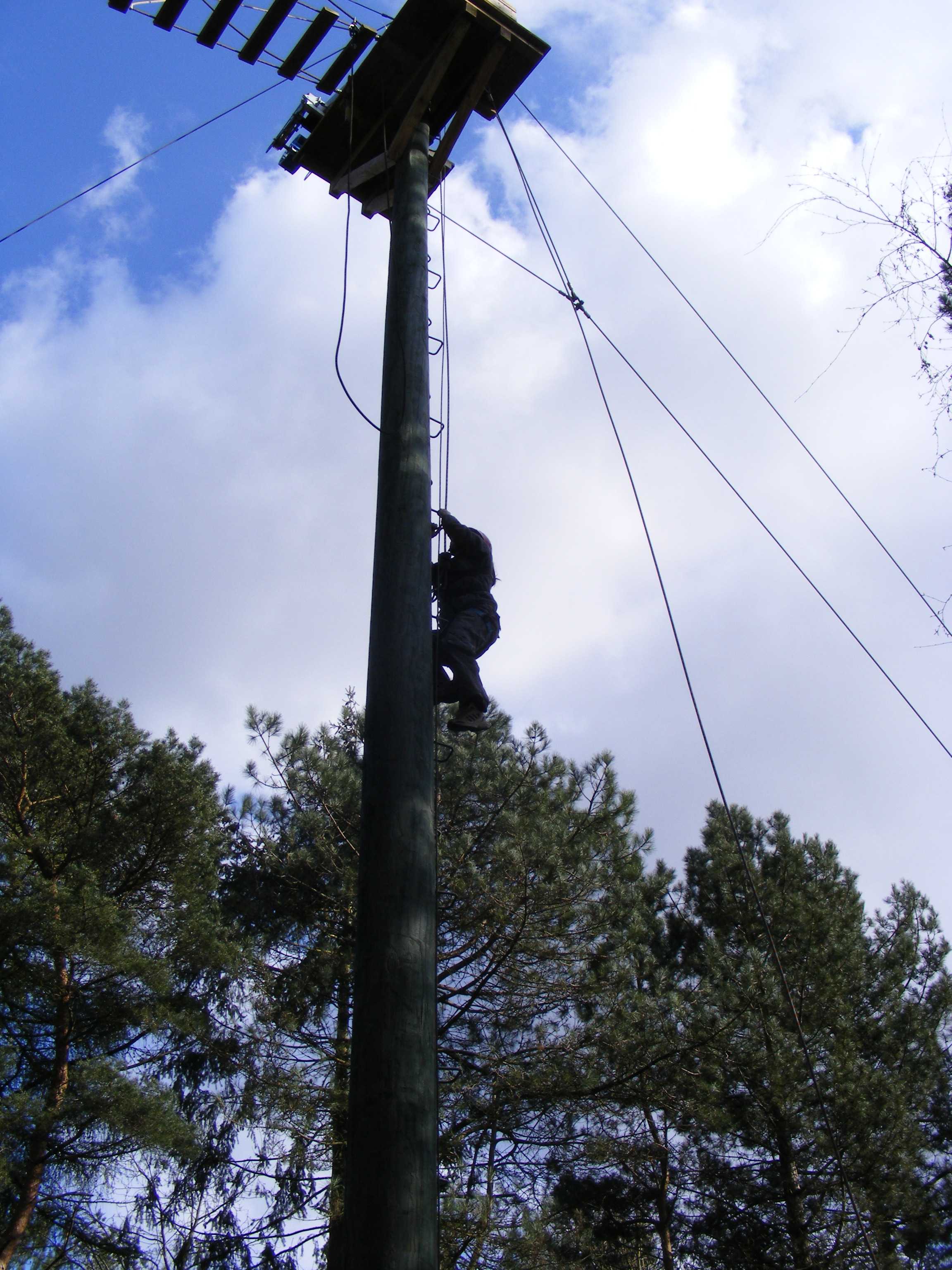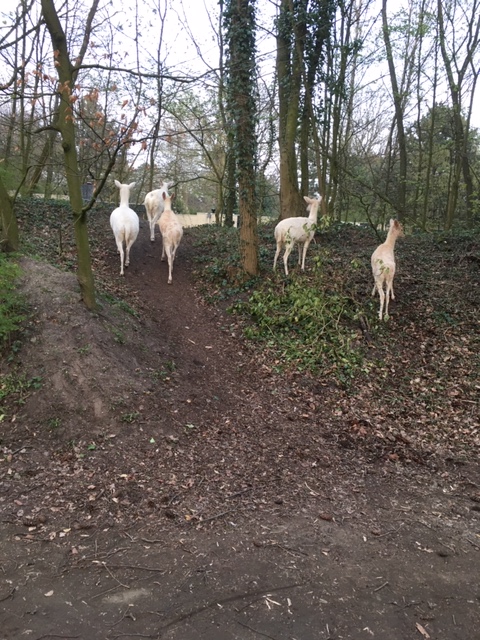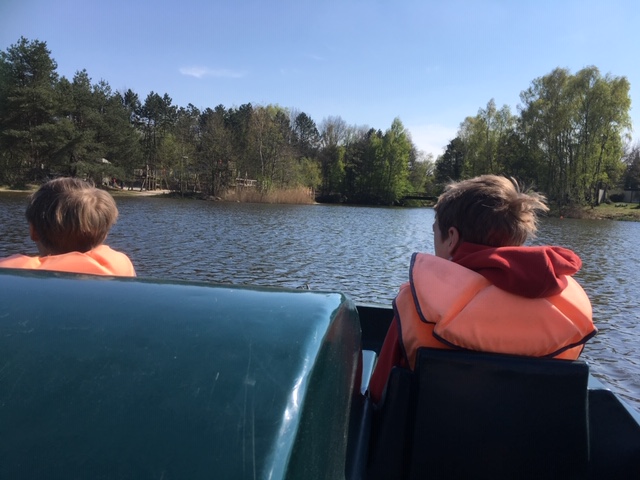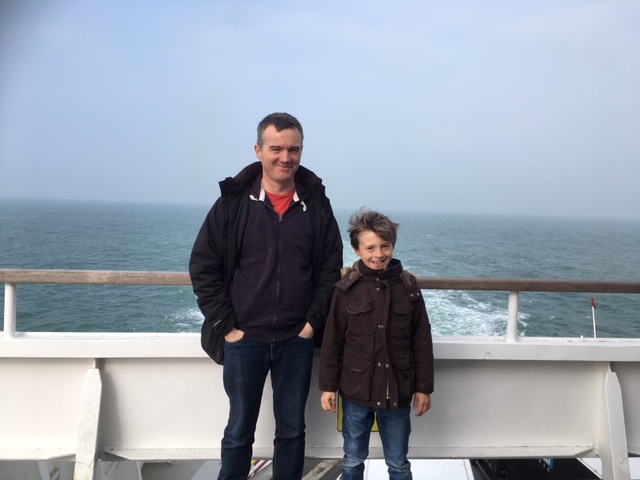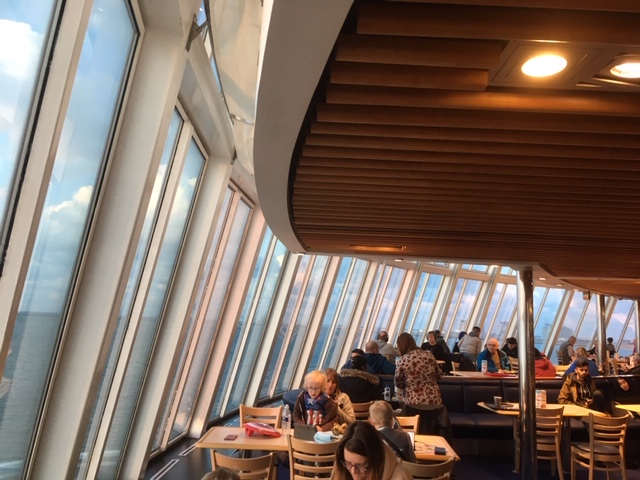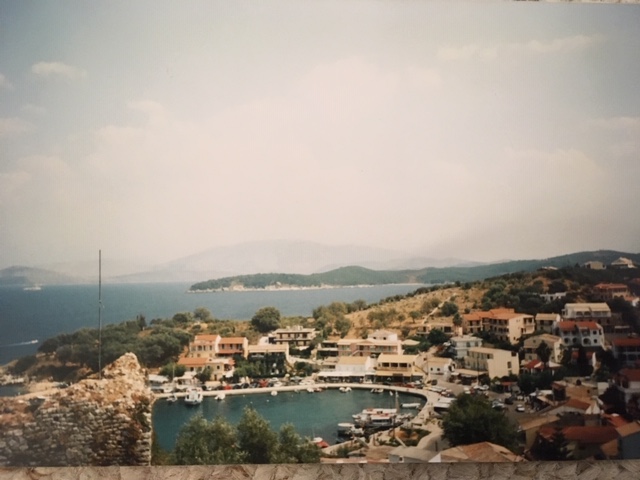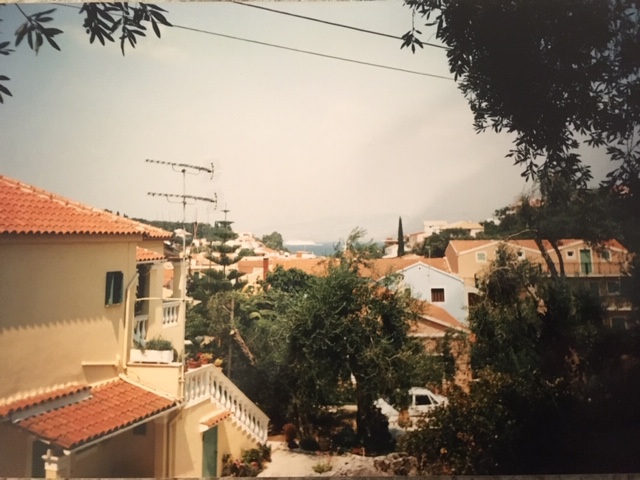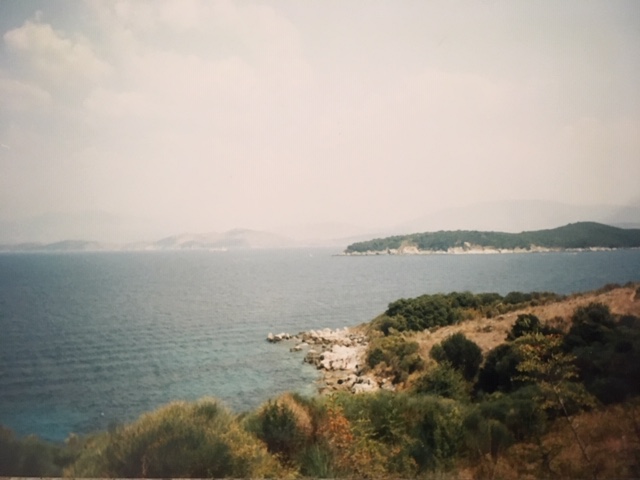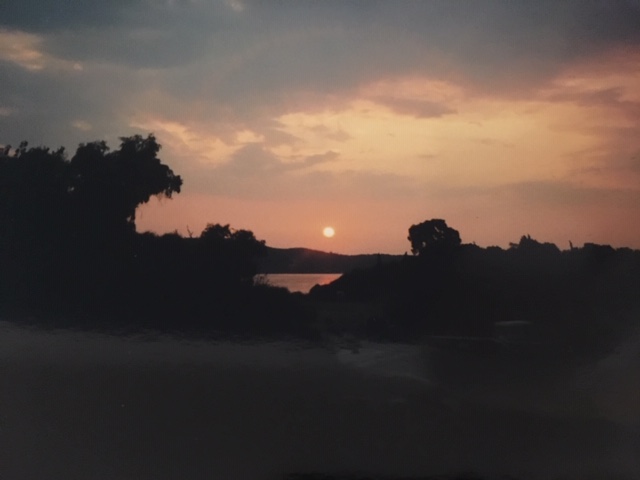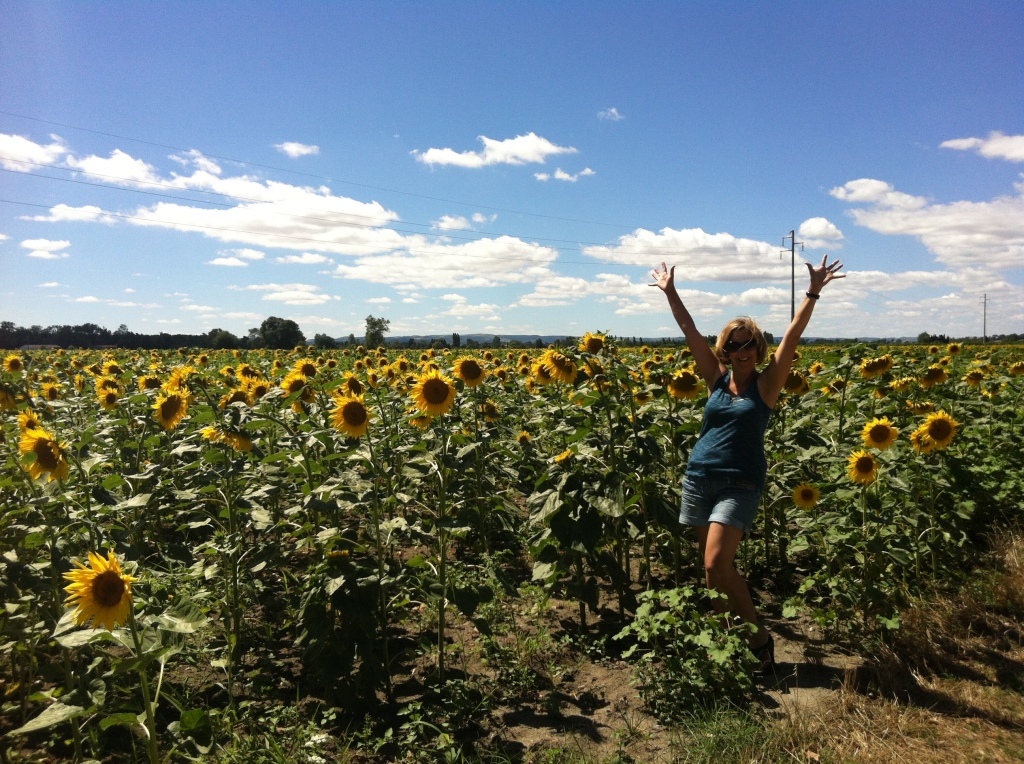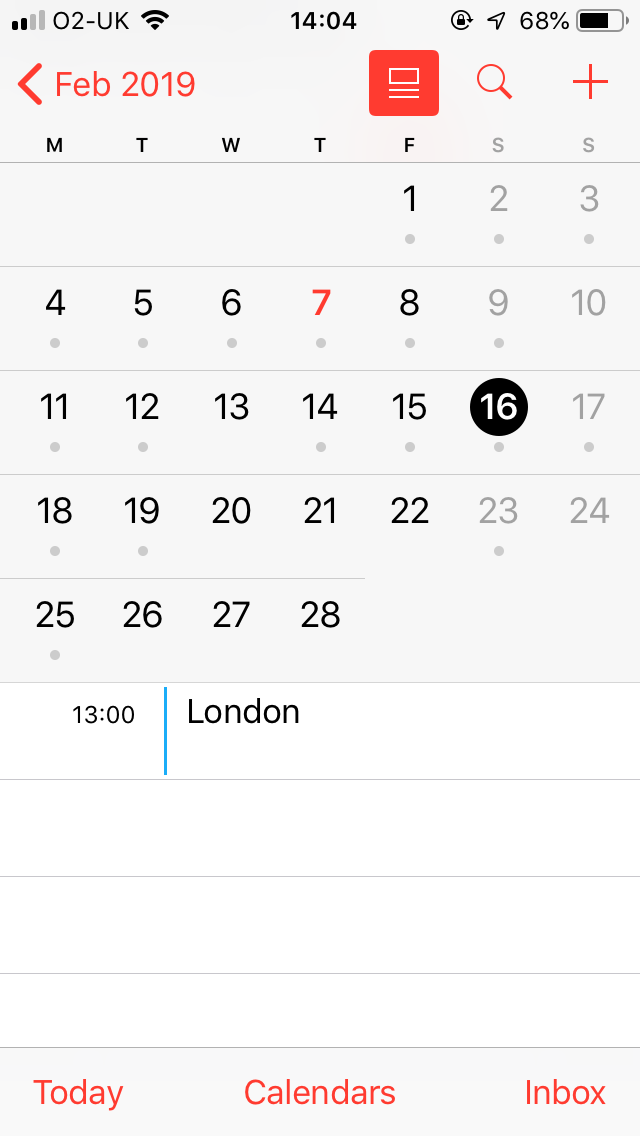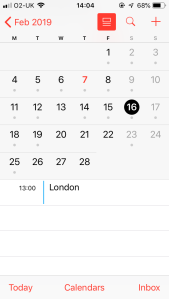Back in late April, things were looking pretty good, Covid-wise. The levels here in the UK had dropped dramatically and were still going down, the vaccination programme was well underway and we were, for the first time, in an enviable position in comparison to the rest of Europe. We’d already had a successful holiday in a cottage in Devon and for the first time our thoughts turned properly to going abroad.
We didn’t even consider going abroad last year, despite being legally allowed to, as it simply didn’t feel safe. We postponed our October trip to Mexico and would have done the same to our August holiday in Corfu if it hadn’t been cancelled anyway. Cases were low but Covid was still out there and vaccination was still just a pipe dream. Cases were only low because we’d been avoiding other people for the last few months. Mixing with other people, let alone being stuck inside a plane with a couple of hundred of them, didn’t seem like a great idea. And what would happen if we caught Covid in another country? Also bear in mind that this was still ‘only’ a few months into the pandemic – the fatigue hadn’t set in yet, things were only just starting to open up and we were still feeling very cautious, having lived the last few months in an isolated bubble. Self-catering in the UK was as far as we were willing to go, thank you.
But this year, things were different. Lee and I had both had our first jab and would have had our second jab by August. Cases were still going down, despite schools reopening and the tentative early easing of restrictions. We had no reason at this point to expect anything other than a continued drop in cases as vaccinations continued. To enter Greece, where we were hoping to go (second time lucky!), you needed either to have been double vaccinated or to take a PCR test within 72 hours of departure; this meant that everyone on our plane would either have been double-jabbed or tested negative, which seemed like far better odds than mixing with the general public in a supermarket. Although we knew that it was still possible for someone to contract Covid between being tested and the flight, or to receive a false negative, the chances seemed pretty slim. And at this point, we were assuming that the chances of catching or transmitting Covid after double vaccination were extremely low. The plane therefore seemed like a pretty safe way to travel, all things considered.
As for the holiday itself, firstly, cases in Corfu were pretty low – not as low as in the UK(!) but still low. We planned to stay in self-catering accommodation, so we wouldn’t be mixing with others in the hotel lobby or at a buffet breakfast. We were going to hire a car from the airport, so we wouldn’t have to worry about coach transfers or public transport. All our daytime activities were likely to be outside – beach, pool, general wandering. And restaurants in Greece generally seat people outside, albeit usually under a shelter, so even eating out would be fairly low-risk. All in all, we thought it was highly unlikely that we’d bring Covid over to Corfu or that we’d catch it over there and bring it back with us.
To put this into a wider context, particularly for any non-British readers, the government roadmap at this time was planning to open up international travel on 17 May. They had announced a traffic light system, whereby high-risk countries were classed as red and you had to isolate in (and pay for) a quarantine hotel on return; medium-risk countries were classed as amber and involved a 10-day isolation at home on return, as well as PCR tests on day 2 and day 8 (with the option to pay extra for an early release test on day 5) and a lateral flow test before departure; and low-risk countries would be classed as green and only require a pre-departure test and a PCR test on day 2, with no isolation. They hadn’t yet announced which countries would be which colours but the general consensus was that Greek islands would be treated separately from the Greek mainland and be classed as green. At that point the Foreign Office was advising against all but essential travel to Greece EXCEPT for certain Greek islands, including Corfu. This meant that even if the government classed it as amber, our insurance should still cover us, as we wouldn’t be going against Foreign Office advice.
More context: last year we spent our summer holiday in the Yorkshire Dales and it rained every day of our two-week holiday except one. I know that weather isn’t the be-all and end-all but, actually, it makes a hell of a difference, particularly when you are trying to remain outside as much as possible. Pre-Covid, in bad weather we would have gone to museums, cinema, castle, swimming, bowling – all out of bounds for us last year in our attempt to stay safe, despite most of them being open at the time. This meant a lot of walking and a LOT of getting wet. This didn’t go down particularly well with us and it certainly didn’t go down well with the kids. We also love eating out, but outside eating doesn’t work well in the rain and inside eating just felt too risky for us at that time. It meant that we ended up with a few chilly lunches outside under an umbrella and an awful lot of cooking in our cottage. Don’t get me wrong, we still had a lovely holiday but it wasn’t quite the same as going to Greece. I cook every day at home; I don’t want to do it on holiday as well. I live in England and have quite enough rain, thank you – I want a break from that when I’m on holiday. What we really wanted this year was a couple of weeks somewhere hot. Somewhere where we could explore, but also spend plenty of time relaxing and doing nothing. Somewhere where we could swim in the sea and in a pool (I honestly don’t remember the last time I swam!). And somewhere where we could go out for dinner in the evening without being inside, cold or under threat of rain. After more than a year ‘off’ from going abroad and serious lockdown fatigue from everyone working from home, we really needed a ‘proper’ holiday. And I’m really not knocking UK holidays – I’ve been on plenty and loved them. But we were desperate to get away somewhere hot and foreign.
A final last bit of (rather important) context: just in case it wasn’t clear enough from what I’ve written so far, all this holiday decision-making was going on at a time before the Delta variant (formerly known as the Indian variant) was a thing. I mean, I’m sure it was a thing at that point, but it hadn’t really infiltrated the UK yet. Cases were still going down. Getting Covid after vaccination was pretty rare. We honestly, perhaps naively, believed that we were over the worst and that things were going to get better. We hadn’t counted on a fast-spreading, vaccine-resistant variant sending cases sky-rocketing. We thought that going abroad would be a very – if not totally – safe option come August.
I sound like I’m trying to justify our decision to go abroad, and I guess I am – to myself if no one else. A bit like Brexit, Covid has divided people. There are those who believe it’s really not that serious and haven’t bothered taking many, if any, precautions, while there are those who have pretty much avoided the world for the last 18 months. Lee and I have wavered around the rough mid-point of that spectrum many times, mostly settling on the cautious side. We’ve been getting our shopping delivered since we were able to get a delivery slot. We avoided going into shops last summer until a month after they’d opened, when we could see what the effect was. We initially didn’t send our youngest child back to school last July. We’ve eaten inside in restaurants only around five times in the last 18 months (bearing in mind we probably used to do so a few times a month). We’ve almost always met other people outside, and again only started doing that a while after we were ‘allowed’ to. We’re still wearing masks, we’re still keeping our distance and we’re still doing lateral flow tests twice a week. My point here is that we have taken as many precautions as we can and have regularly judged those whom we view as taking part in reckless behaviour. Yet here we were, considering booking a holiday to Greece in the middle of a pandemic, the very same thing that I would have judged people for a year ago. And I guess that all this demonstrates our complete faith in the vaccine as a solution – we would never have booked a foreign holiday if we’d thought that it was risky, either to us or to other people.
Anyway, we did a search for potential holidays. The apartments we stayed in the year before last, and had actually booked for last year, had closed down permanently after not opening last summer – another victim of the financial impact of Covid. We thought we would be better off booking a package holiday rather than going independently, in terms of security, and so we started scrolling through the TUI website. The prices were quite frankly amazing. We found a beautiful two-bedroom apartment on the beach in Barbati for the same price we paid two years ago for something much more basic – and we had thought that was a bargain at the time. This one had extras like a fully equipped kitchen with oven and washing machine, a huge balcony or terrace, TV, an actual lounge (rare in Greek package accommodation), WiFi, free air-con and a parking space. The holiday included free Covid cover, plus we had the option to cancel in exchange for a credit note. We also checked that our own insurance covered us for Covid cancellations or expenses. Another bonus was that TUI offered cheap(er) testing, so it wouldn’t add too much to the price of the holiday. We considered waiting until the government announced which countries would be amber/green, but worried that the price would rocket up if Greece was put on the green list (which is what we were expecting). And so we crossed fingers and booked, knowing that we had got ourselves a bargain and also that if, worst-case scenario, Corfu was on the amber list, we had given ourselves long enough to quarantine on our return. We also assumed that even if Greece was initially on the amber list, it would turn green by the summer as the situation improved internationally.
The first minor spanner in the works came when Corfu was on the amber list, along with the rest of Greece. Still, it was no biggie, we were prepared for it. We would arrive home two weeks before the kids went back to school, I already work from home and Lee can work from home, so quarantine was a pain but not difficult. Again, the cost for the extra testing was a pain but nothing we hadn’t prepared for and weren’t willing to pay for the sake of a holiday abroad. However, the spanner got a bit bigger when the government started saying that you shouldn’t be travelling to amber countries if it wasn’t essential, and that you definitely shouldn’t be going there just for a holiday. This left us annoyed and somewhat confused. What was the point of having an amber list at all if you weren’t supposed to go the countries on it? The Foreign Office still wasn’t advising against travelling to Corfu, yet Boris was. As far as we could tell, we wouldn’t be breaking the law by going, but we shouldn’t really be doing it. No change there, I guess, when it came to conflicting government information, but it meant that we started feeling uncomfortable about our holiday decision. Would we be those stupid people who ignored advice and went abroad just for the sake of a bit of sun?
This particular spanner was added to when holiday companies reacted by cancelling holidays to Greece, Spain and other places on the amber list, even where the FCDO gave ‘permission’ to travel. Although we still had a long time to go, some companies were cancelling months ahead, which was worrying. I’m a member of a couple of Corfu groups on Facebook and I watched as person after person complained about their flights/holidays being cancelled – and plenty of these were with TUI. It finally happened to us at the end of June, when I got an email to say that our flight (which was actually with Aegean Airlines) had been cancelled. We were given the choice between a refund, changing our holiday with no amendment fee or swapping to a TUI flight. It seemed like a no-brainer, and I was surprised that they hadn’t simply put us on a different flight anyway. Perhaps, given the rising cases by this time, we should have just gone for a refund. But by now we were looking forward to it so much and had invested so much mental energy into the thought of a real break that we couldn’t bring ourselves to do it. So we changed to TUI flights – less baggage allowance but nicer flight times, which seemed like a good deal. I’ve since seen that people in the Corfu forums have had their flights cancelled and been moved onto ours, as TUI consolidate their underbooked flights, so I’m hoping that our own holiday is now safe.
Of course, the biggest problem has been the huge rise in cases, with the rapid spread of the Delta variant. Far from no longer being an issue by August, cases actually hit 50,000 a day in July (although, as I write, there has been a constant drop over the last week, so I’m starting to feel cautiously optimistic). It feels like I’ve gone back in time six months judging by the number of people I know who currently have or have recently had Covid. More worryingly, plenty of these have been double jabbed, although, thankfully, none of them have been seriously ill with it. However, although being vaccinated may reduce our chances of catching Covid and certainly reduces our chances of being hospitalised or (gulp) dying from it, it’s clear that it won’t stop us catching it altogether. And catching it is the biggest worry right now.
We’re not really worried about catching it while we’re in Corfu (although I certainly wouldn’t risk chancing it without insurance): cases have risen there too, but they’re still lower than here in the UK, and they haven’t yet (touch wood) experienced the joys of the Delta variant. Even more importantly, our holiday will be very low risk, and we’re unlikely to put ourselves in a position where we’re likely to be able to catch it. The airport on the way home is more of a worry, given that we’ll be inside with lots of other people (who’ve travelled from goodness knows where). Here we’ll have to trust in our jabs, our masks, the children’s ages and trying our best to social distance. Worst-case scenario, we would at least be back at home if we caught Covid, and we’d be doing regular tests to hopefully pick it up. The main worry is catching it ahead of our holiday, for two reasons: firstly (obviously), we don’t want to have to cancel, and secondly, we don’t want to bring it with us to Corfu. We don’t want to be responsible for spreading the Delta variant on the island, and nor do we want to test positive at Corfu airport and spend the next ten days at a quarantine hotel, even if it is at the expense of the Greek government (which hardly seems fair on them, but there you go).
So we’ve now found ourselves doing the same as many others, according to the papers: isolating ahead of our holiday. We’re not fully isolating – we’re still going for walks and have popped briefly into our local shop – but we’re generally avoiding other people and thus our chances of catching Covid ahead of our holiday. Nothing is fail-safe, of course, but hopefully when we head to the airport hotel next week we will all be Covid-free and able to travel safely.
Of course, none of this current isolation removes our chances of catching Covid at the airport (or, indeed, the airport hotel). We can do our damndest to avoid Covid before we go, but there is still a chance of catching it at the hotel the night before, at the airport or on the plane. We’d most likely still test negative at Corfu airport if we’re picked for random testing but that doesn’t mean that we couldn’t start experiencing symptoms a few days later. All our thoughts about how safe the plane would be have been replaced by the fact that any one of those double-jabbed and untested people could easily have – and pass on – Covid, plus the chances of people catching it between their test and the journey are way higher than they would have been back in April or May. We will simply have to hope that the majority of people on the plane will have also been extra careful ahead of their holiday for the same reasons as we are being, and we will take all the precautions that we can. Still, it does mean that the first few days of our holiday will be somewhat less relaxing than planned, as we cross our fingers that we didn’t pick anything up on our way.
As time has gone on, there have been a couple of changes that could make things easier – or harder, depending on how you look at it. Firstly, as well as a PCR test within 72 hours, Greece are also allowing a lateral flow test within 48 hours to enter the country. On the one hand, these are cheaper, so have reduced the testing costs for our children. On the other hand, lateral flow tests are less reliable, so the chances of someone on the plane unknowingly having the virus are higher. The second big change is that the UK have announced that fully vaccinated UK travellers returning from amber countries (except France, but that’s another story!) no longer have to isolate on their return, and nor do those under 18. This certainly benefits us personally, both in terms of not having to quarantine and in terms of reduced testing costs. More widely, though, this is surely a worry in terms of people bringing back the virus (and potentially different variants) from other countries and being able to spread it around. And this would particularly apply to the under-18s, who won’t have been vaccinated and would be more likely to have contracted Covid (and potentially more likely to be asymptomatic or have mild symptoms, and therefore not know it). On a personal note, we plan to isolate until we get the results from our initial PCR tests, plus we will continue to do regular lateral flow tests – but I doubt many other people will be doing this if they don’t have to.
So here we are, semi-isolating ahead of a holiday that we’re scared will be cancelled and scared to actually go on. We have the added hassle and costs of tests before, during and after the holiday. We’ll spend the first few days of the holiday and the first few days back at home worrying about having caught Covid at the airport. The constantly changing Covid laws mean that we may still end up having to isolate on return – a total of 20+ days of isolation for 14 days of holiday. While plenty of people wouldn’t think twice about going abroad right now, there are plenty of others who would judge us for going to Greece in the middle of a pandemic – and if weren’t me going, I’d be one of them.
So is it all worth it? Lots of people would say no. Most people I know have said it’s not worth the risk, costs or hassle (or all three) of going abroad this year. But then most people aren’t quite as obsessed with holidays as I am. I’ve already done six (yes, really) UK holidays since the beginning of the pandemic and now I’m itching to leave the country, to get on an aeroplane, to have some guaranteed sun, to lie by the pool and read a book, to eat stifado and baclava and gyros pitta, to swim in the sea… and to have a complete break from my job, housework, bad weather and, if only for a short time, Covid. I also looked into UK prices for the summer, just in case our holiday is cancelled, and it turns out that we’d pay more for a week in a caravan in Norfolk than we would for two weeks in a luxury apartment in Corfu plus flights. So yes, it’s definitely worth it.

